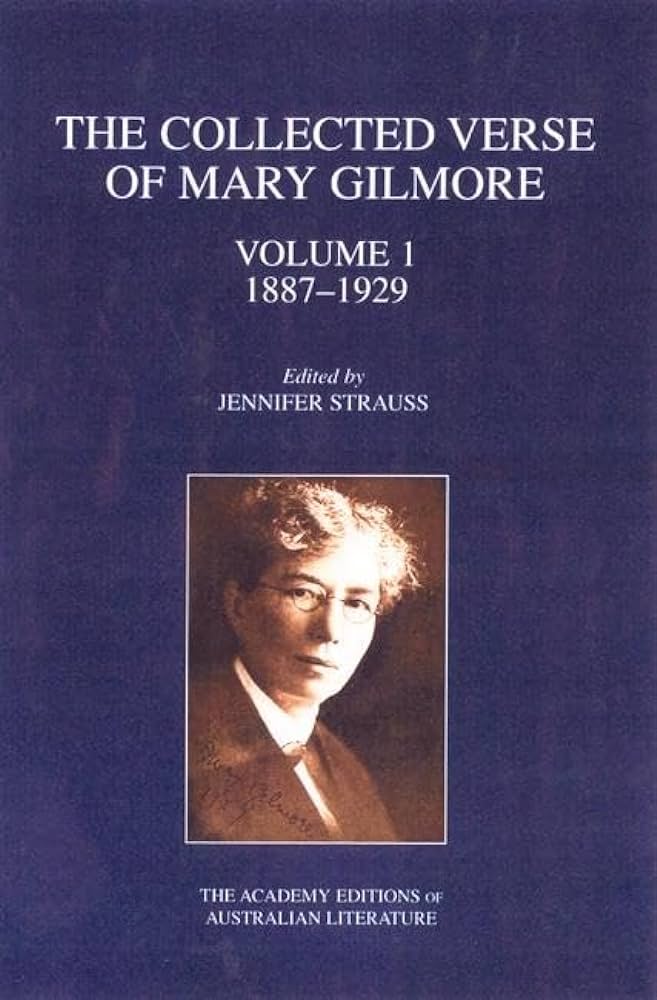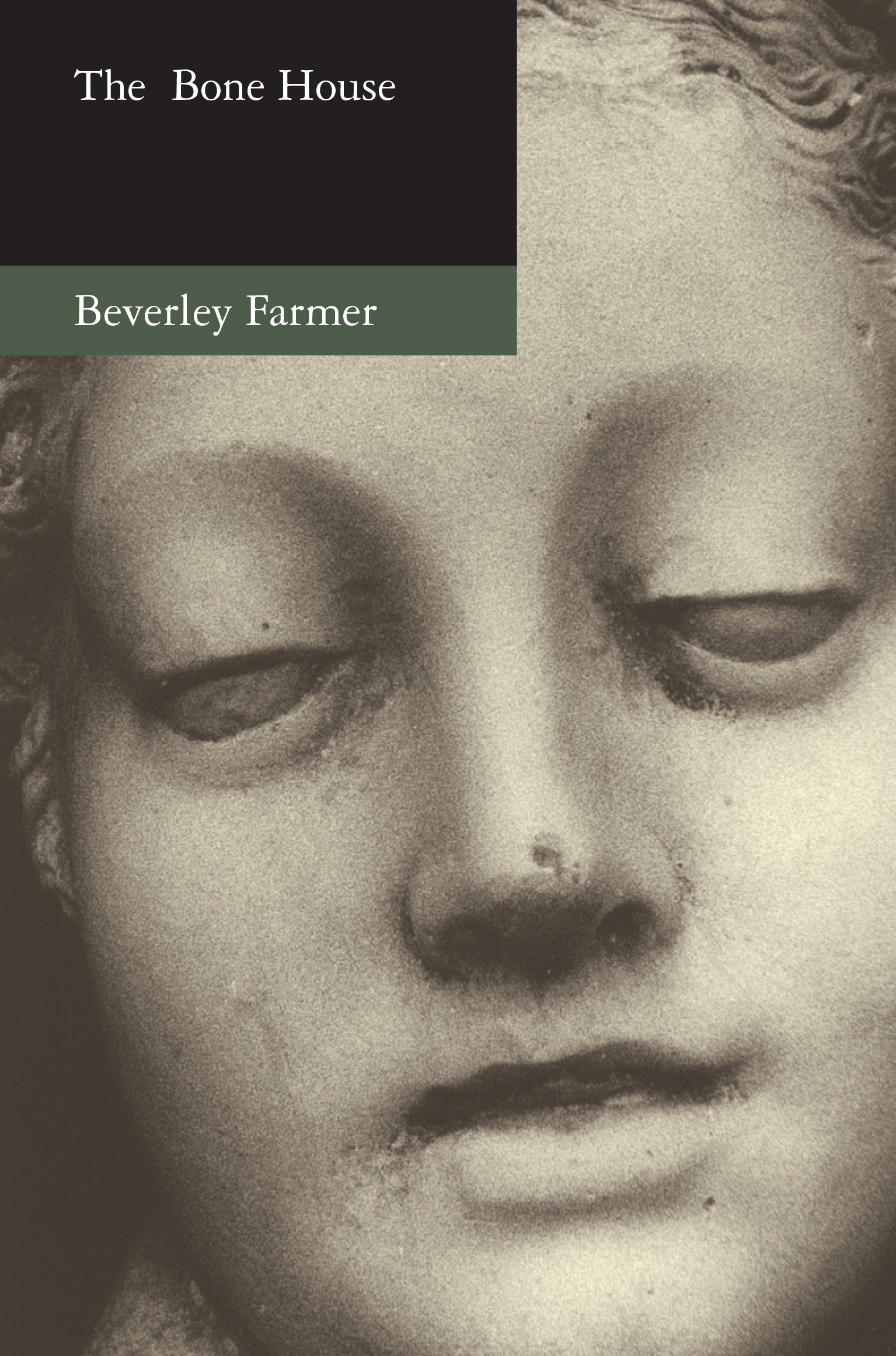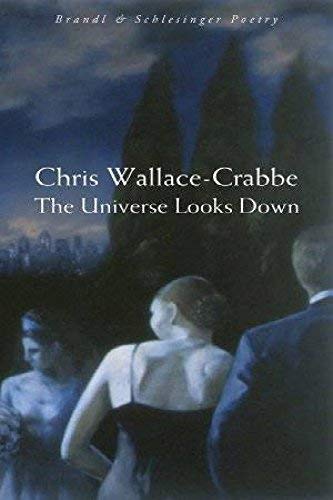Poetry
I stare from my study window into trees.
Considering all things, I watch the first snow spill
White seeds across the rubble where the barn
Towered over us with its cracked spire
For almost half a century until
Some feckless pot-head changed
The whole thing into fire.
canola’s chemical yellow rises above the fence line
Black Poles laze around a dam, ibis and egrets gliding overhead
wattle, casuarina, eucalypt, cypress, radiata
where the bitumen gives way to gravel
taking you deeper into shadows, ditches
tinder undergrowth of a bush block
Philip Salom’s tenth collection of poems offers readers an experience akin to falling over the edge of a well into a frightening subterranean world. The Well Mouth is dark, allusive, ironic, brutal, perplexing and confronting, and so it can be alternately rewarding and irritating. Readers should not miss the explanatory paragraph before the prologue; otherwise they risk being as disoriented as the central narrative consciousness, a woman murdered by corrupt police and dumped down a well. She makes the collection cohere as a kind of ghostly medium, channelling the voices of the newly dead, some of whom are described as ‘whistleblower, brothel madam, long-distance driver, woman lost in the bush, old solider’.
... (read more)The tough and rumble of the schoolyard
is always welcome relief from a room
papered with whispers, where every night
he must taste the salted honey of his pain
or else listen to the chorus of lies
that they hiss at one another in the dark.
Max remembers the first time they made love
when she arrived travel-dusty & sweaty
after complications
getting from Basrah to Baghdad. Much afterwards
while they were lying together very close
she’d told him of a pet she’d had, when small:
had given it its scientific name – Macropanesthia rhinoceros.
It wounds, this shift of scale.
As I stand on the balls of my feet
back on my heels only once
to keep even for the painting
and myself clear from excess
of feeling: balanced to look
and half hearing her sleepily say:
I. Claim
Wild birds rise before us, making the noise of a multitude clapping hands.
The men fire, fire again and still they rise, they rise clear out of range and
where they were they leave such wakes of light, they are tearing the blue-black
shadows out of the river; their wing tumult is shadows escaping air. Act
flung back to motives, they arc away from us and scatter till I am fierce
for what I cannot remember and still they rise, the vault is dark with their applause.
The Collected Verse Of Mary Gilmore: Volume 1 1887–1929 edited by Jennifer Strauss
Mary Gilmore is one of the most acclaimed figures in Australian writing. A cultural icon, she appears in important paintings and sculptures and on postage stamps, not to mention the ten-dollar note. Her biography has been published, her letters collected, and now the first volume of her complete poems, edited by Jennifer Strauss, has appeared in the prestigious Academy Editions of Australian Literature. No other Australian poet except Henry Lawson has received quite the degree of attention that Gilmore has been accorded. Longevity certainly had something to do with her fame: she was a living link between the colonial Australia she was born into and the Australia of the 1960s that saw her passing. Like Lawson’s, her life and work are written into Australian history; and she too is inextricably associated with the legend of the 1890s. She never quite achieved Lawson’s popularity as a writer, but this edition makes it clear that her fame was truly earned, not merely accrued. No literary reputation is ever finally fixed, or immune to criticism, but this book will help us to understand why Gilmore, Australia’s foremost woman poet during the first half of the twentieth century, came to be considered a national treasure.
... (read more)Slow in the writing and slow in the reading: it is so easy to drift on the tides of Beverley Farmer’s book, and also to lose your bearings. The three long essays that make up The Bone House are prose poems organised by biorhythms, it seems, rather than by any architectural design. They carry all sorts of startling images in on their tides, like the fragments the writer finds washed up on the shores: ‘A figleaf burning in a patch of sun on the path, a ribbed shell like a boat, balanced on its stalk, a crumple of brown on one side, all its freckles and veins clear in a green pool of light.’
... (read more)The Universe Looks Down by Chris Wallace-Crabbe & Read It Again by Chris Wallace-Crabbe
Chris Wallace-Crabbe’s essay ‘Poetry and the Common Language’, in his collection Read It Again, begins: ‘If there is one thing we can say about poetry, it is this: like it or not, poetry turns out to be something special, an intensified bag of tricks with certain rules of its own.’ The deceptively casual style of the writing underscores its argument about the centrality of ‘voice’ in any poem (or essay) worth its salt: ‘interest, in poetry, is not only interesting, to put it very mildly; it also adds value. It lifts the game; often because it artistically combines an air of untidy casualness with lightly strategic effects which displace or realign us as we read.’
... (read more)



